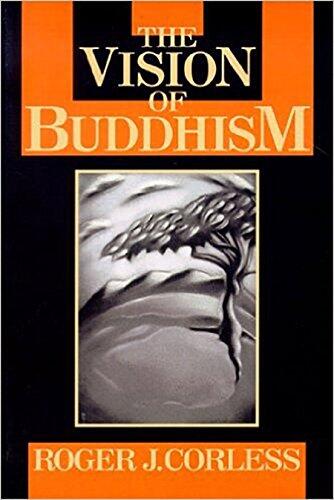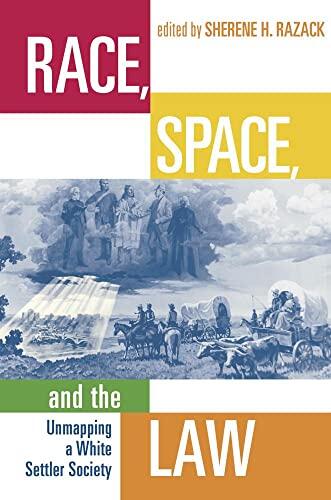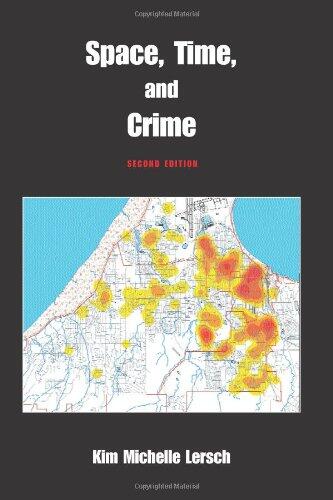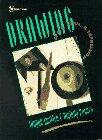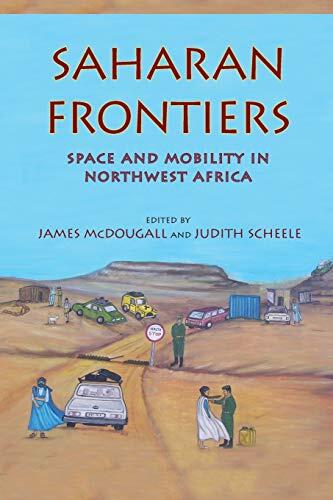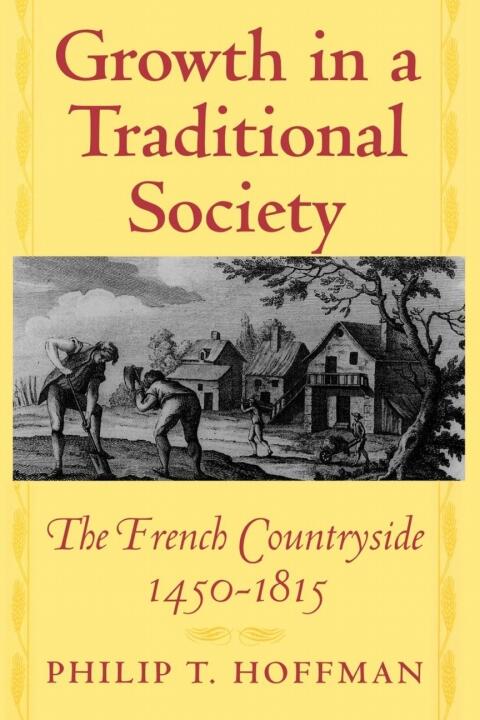
Growth in a Traditional Society: The French Countryside, 1450-1815
Pas encore d'évaluations
History
Format
Kindle
Pages
362
Langue
Anglais
Publié
Jan 1, 2018
Éditeur
Princeton University Press
Édition
2
ISBN-10
0691187207
ISBN-13
9780691187204
Description
Philip T. Hoffman challenges the prevailing notion that traditional agricultural societies were stagnant and unchanging from the late Middle Ages through the early modern period. By meticulously examining the dynamics of the French countryside between 1450 and 1815, he reveals a landscape marked by significant economic and social developments. Hoffman's analysis showcases how farmers, despite facing numerous obstacles, innovated and adapted their practices to enhance productivity and respond to market demands.
Through a blend of historical narratives and economic data, Hoffman illustrates the complexities of rural life and the interconnections between agriculture, regional markets, and broader economic trends. He highlights the role of local governance, land ownership arrangements, and agrarian technologies in shaping the growth and resilience of rural communities in France. In doing so, he offers a nuanced understanding of how tradition and change coexisted in this pivotal period of history.
This work not only contributes to the field of economic history but also provides valuable insights into the societal transformations that accompanied the rise of early modern Europe. Hoffman's conclusions encourage readers to rethink the historical trajectories of rural populations and recognize their essential contributions to the evolution of early capitalist economies.
Through a blend of historical narratives and economic data, Hoffman illustrates the complexities of rural life and the interconnections between agriculture, regional markets, and broader economic trends. He highlights the role of local governance, land ownership arrangements, and agrarian technologies in shaping the growth and resilience of rural communities in France. In doing so, he offers a nuanced understanding of how tradition and change coexisted in this pivotal period of history.
This work not only contributes to the field of economic history but also provides valuable insights into the societal transformations that accompanied the rise of early modern Europe. Hoffman's conclusions encourage readers to rethink the historical trajectories of rural populations and recognize their essential contributions to the evolution of early capitalist economies.
Avis
Aucun avis pour le moment
Soyez le premier à donner votre avis sur ce livre et partagez vos pensées
Ajouter le premier avisJournal de lecture
Aucun journal de lecture trouvé
Commencez à suivre vos progrès de lecture pour voir les journaux ici
Ajoutez votre premier journal de lectureNotes
Journal des transactions
Aucun journal de transactions trouvé
Commencez à suivre vos transactions de livres pour voir les journaux ici
Ajoutez votre premier journal de transactions

